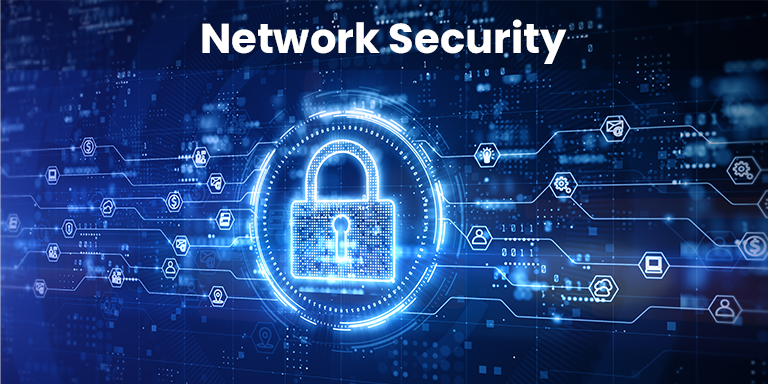With the growing complexity of cyber threats, network security has become a top priority for both individuals and businesses. Securing a network requires a multi-layered approach that incorporates various technologies and strategies, and one of the most effective tools in this arsenal is a Virtual Private Network (VPN). This article outlines best practices for network security and the essential role VPNs play in protecting your digital environment.
1. Use Strong Passwords and Two-Factor Authentication (2FA)
Passwords are often the first line of defense against unauthorized access. It’s crucial to use strong, unique passwords that combine letters, numbers, and symbols. Along with strong passwords, enabling two-factor authentication (2FA) adds an additional layer of security, requiring a second form of verification such as a mobile app code.
2. Implement Firewalls and Intrusion Detection Systems
Firewalls monitor incoming and outgoing traffic, ensuring that only legitimate requests pass through. In addition, intrusion detection systems (IDS) can alert you to suspicious activity on your network, helping to identify and mitigate threats before they cause damage. Combining these tools can significantly improve network security.
3. Encrypt Data Transmission
Encryption ensures that sensitive data, such as financial information or confidential communications, cannot be easily intercepted or deciphered. VPNs excel in this area by encrypting all traffic that passes through them, making it nearly impossible for hackers to access transmitted data. This is particularly important for remote workers accessing company networks from unsecured environments.
4. Regular Software Updates
Outdated software can have security vulnerabilities that hackers exploit. It’s critical to regularly update operating systems, applications, and network equipment firmware. These updates often contain patches for security flaws, which help protect your system from known threats.
5. The Role of VPNs in Network Security
VPNs are an essential tool for ensuring network security. By encrypting your internet connection and masking your IP address, VPNs protect against eavesdropping, data interception, and even malware. They provide a secure tunnel for all online activities, ensuring that sensitive information remains private and inaccessible to third parties.
For businesses, VPNs are indispensable for securing remote access to internal networks. Employees can connect to the company’s resources without exposing the network to outside threats. This is particularly important as remote work becomes more widespread, increasing the potential entry points for cyberattacks.
6. Educating Employees on Security Protocols
Human error is often the weakest link in network security. Regularly training employees on cybersecurity best practices, such as recognizing phishing emails, avoiding suspicious links, and properly using VPNs, can go a long way in strengthening your overall security posture.
Conclusion
Network security is an ongoing process that requires a combination of strong practices and advanced tools. VPNs play a crucial role in protecting both personal and business networks by encrypting data and providing secure access. By following these best practices and integrating VPNs into your security strategy, you can reduce the risk of cyberattacks and ensure a safer, more secure digital environment.

